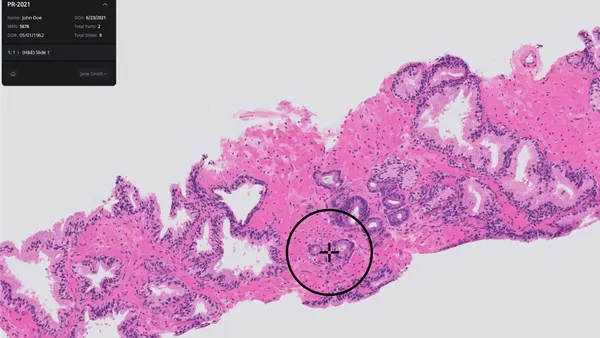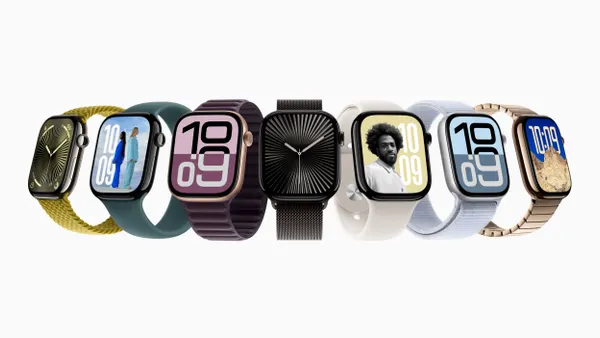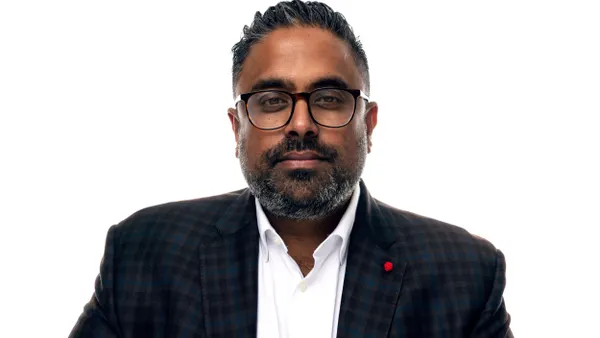Dive Brief:
-
Experts convened by The Pew Charitable Trusts have called for healthcare providers and technology developers to identify or create a national patient matching organization.
-
The entity would work to better link patients across the U.S. to their health records by creating best practices and standards that all hospitals and technology providers follow.
-
The experts want the private sector to lead the initiative but think the Centers for Medicare and Medicaid Services and other government agencies will play a role in encouraging data sharing.
Dive Insight:
Many healthcare systems struggle to consistently match patients to their health records. Errors enter the system when a new record is created without being linked to the patient’s existing information. These unassigned records result in the duplication of patients in the system. One example cited by the authors: One Houston healthcare system that had 231 people named Maria Garcias with the same date of birth in its system.
Some, but perhaps not all, of these records are likely to belong to the same person. This uncertainty can make it hard to resolve the errors. In extreme cases, the Mayo Clinic has spent months and more than $100,000 to fix single cases of misidentification.
Patient matching errors affect care, too. In 2012, one-fifth of the 128 healthcare CIOs surveyed by the College of Healthcare Information Management Executives said a records mismatch had caused at least one adverse event in the previous year. Matching errors also cause hospitals to order the wrong tests, delaying diagnoses and adding to costs.
The rate of patient matching errors ranges from less than 10% to nearly 50%, with systems that share records between facilities being the worst performers. Despite the extent of the problem, the U.S. is yet to formulate a coherent response.
Other countries use nationwide identifiers to overcome these problems but Congress has been unwilling to fund this approach, citing concerns about patient privacy and government regulation.
In the absence of a centralized, government-led plan, public and private organizations have started independent but overlapping initiatives. The Government Accountability Office, Office of the National Coordinator for Health Information Technology and College of Healthcare Information Management Executives are among the groups thinking about the problem.
Pew responded to the proliferation of patient matching initiatives by working with Harvard Medical School professor John Halamka to gather views from more than 20 experts who work in government, technology and healthcare. These experts contributed to the report that recommended the creation of a national patient matching organization.
“In effect, this trusted entity would establish a standards-based infrastructure to improve patient matching. This entity should focus on technology-neutral approaches in the absence of a critical mass of support for a single solution,” the experts wrote.
To work, the initiative will require the cooperation of a range of healthcare stakeholders and the government. In many cases, these organizations will have different priorities. In other cases, the organizations will be competitors. Representatives of some of the organizations worked together on the Pew report but this initiative was not designed to achieve a consensus.











